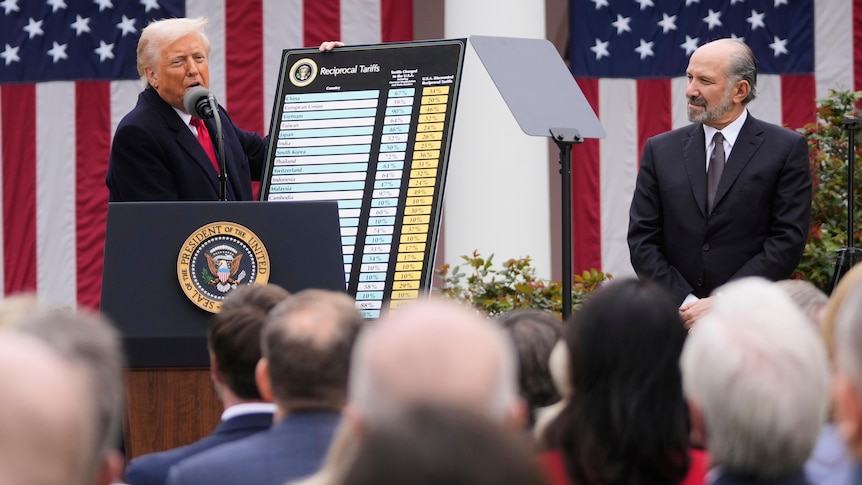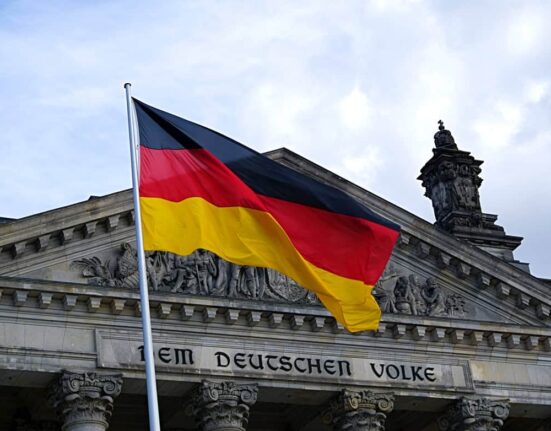Donald Trump’s aggressive tariff policies have been causing a stir globally, with countries grappling with the implications of his trade strategies. The ambitious goal of striking 90 trade deals within 90 days before the enforcement of his signature “Liberation Day” tariff policy fell short, resulting in only two deals being secured in that timeframe. Despite hailing the trade agreements with Vietnam and the United Kingdom as significant wins for the United States, the delay in implementing higher tariffs until August 1 has raised concerns and criticisms from experts.
Analysts suggest that Trump’s initial approach may have “backfired” as the administration’s hardline stance on tariffs may have been too abrupt and aggressive. However, some view these limited deals as a strategic move by the US to counter China’s dominance in global trade. The tariff landscape continues to evolve as the US administration revises tariff rates for 14 countries, signaling a shift in its trade relations.
The focus on South-East Asian nations, particularly in the context of trans-shipment practices, underscores the US’s concerns about circumventing tariffs through intermediary countries. This intricate web of trade dynamics has drawn attention to China’s role in supply chains and the challenges of enforcing regulations to prevent trans-shipment practices effectively.
The recent trade agreements with Vietnam and the United Kingdom have sparked discussions about the broader implications for global trade. The US-Vietnam deal, with its provisions on duty-free access for American goods and stringent measures against trans-shipment, reflects efforts to reshape trade dynamics in the region. Similarly, the trade pact with the UK, which saw reductions in tariffs on key exports, underscores the strategic goals of the US in protecting domestic industries and curbing China’s influence.
Amidst the uncertainties stemming from Trump’s tariff policies, countries like South Korea and Japan are seeking exemptions, while other nations like Indonesia and Thailand are racing against time to negotiate new trade agreements to avoid hefty tariffs. The evolving trade landscape underscores the intricacies and challenges of navigating trade relations in a climate of uncertainty and shifting policies.
As the US grapples with the economic ramifications of its tariff policies, the broader implications for global trade and investment come into focus. The unpredictability surrounding tariff rates and trade conditions poses challenges for countries seeking to make long-term investments and strategic decisions amid the shifting trade dynamics.
In conclusion, Trump’s tariff policies have triggered a wave of negotiations, uncertainties, and strategic recalibrations in the global trade arena. The limited success in securing trade deals highlights the complexities and challenges of implementing aggressive tariff measures and the need for sustained dialogue and cooperation to foster stable and mutually beneficial trade relations.









Leave feedback about this